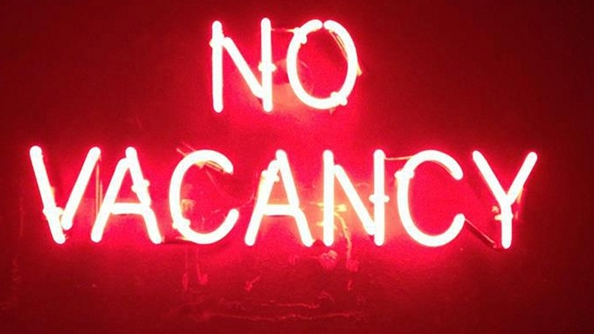Now and then we get some questions about the difference between ACH and paper checks and how quickly those deposits work for property managers.
ACH transactions are typically faster to clear and far more reliable than paper checks; however, it may not appear that way from a bank statement without knowing more about how the system works. Especially in this day of online banking, one can see pending as well as completed transactions into your bank account. An ACH transaction (initiated by Rentec Direct) will withdraw from a tenants account either the same, or the following business day it is posted. Now, just like a check has to clear, so does the ACH transaction. Rentec Direct (and our affiliated banks) hold the funds until they clear. Most all errors (including bank error, and NSF) return within 3 business days. If an error is returned, you are notified at the time we receive it and no funds transfer. In most cases a property manager is notified about NSF or any other error 24-72 hours after the transaction, which can be up to 2 weeks sooner than a paper check. Provided the funds clear, the funds are then re-transmitted (deposited) into the property managers account. This process takes on average 3 business days. A transaction debited on the 1st of a month, depending on weekends and holidays, may show up in a property managers account anywhere between the 10th and 15th of the month.
So how is this better than a check? The most common question is “if I deposit a check, it deposits the same day into my account, how then is ACH better?”. It is a common mis-conception about how paper checks are handled by most banks. Yes, when a check is deposited into an account, it often shows an addition to the balance of the account, and depending on the bank policies sometimes that balance is accessible. The thing is, is that the bank is actually fronting that money, trusting the check is good and holding you responsible for it if it is not. The bank does not know the status of the check that was just deposited for sometimes up to 2-3 weeks, at which time if it comes back as a bad check the funds are withdrawn from your account. Now what if that just deposited check was used to pay the mortgage? And the check bounces 2 weeks later, thereby causing your mortgage check to bounce as well not to mention the overdraft fees.
Here’s a few additional facts about the benefits of ACH over paper checks.
- More guaranteed. ACH transactions, because electronically submitted, typically deduct from a tenants account prior to any other checks the tenant may have written. This provides a better guarantee of funds for the landlord.
- More reliable. You know the status of the transaction much faster. Paper checks can bounce any time up to 3 weeks later (even longer in some cases, google how long for check to clear for some examples), wheras you often know the status of an ACH transaction in less than 72 hours.
- More accurate. Paper checks require humans to read the digits and/or OCR software to electronically read handwriting. The error rate therefore is much higher.
- More convenient. An ACH transaction (with Rentec Direct) can be completely automated, just like a utility bill. Rent payments can be scheduled to happen any day of the month, and they then happen automatically every month thereafter without ever having to take a trip to the bank or manually collect rent. ACH is more convenient for the tenant too, they don’t have to remember to pay rent or drop a check or cash off.
- Longer term renters. When payments are happening automatically, they are less in front of the tenants mind. The pain of writing their largest monthly check each month disappears, thereby causing a tenant to be happier with their home and have less chance of moving. Most landlords collecting rent via ACH have far fewer vacancies.




Intriguing report, warm regards sir/ma’am. Bookmarked.